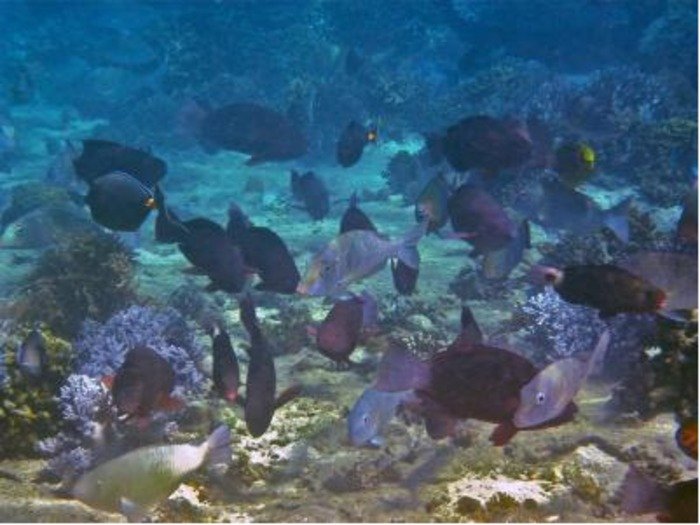ATLANTA, Feb. 13 (UPI) -- Herbivorous marine fish can be picky eaters, U.S. scientists say, which could spell trouble for endangered reef systems that depend on the fish as "cleaners."
Researchers at the Georgia Institute of Technology say studies in the Fiji Islands showed just four species of fish were primarily responsible for removing common and potentially harmful seaweeds from reefs, and each type of seaweed is eaten by a different fish species.















